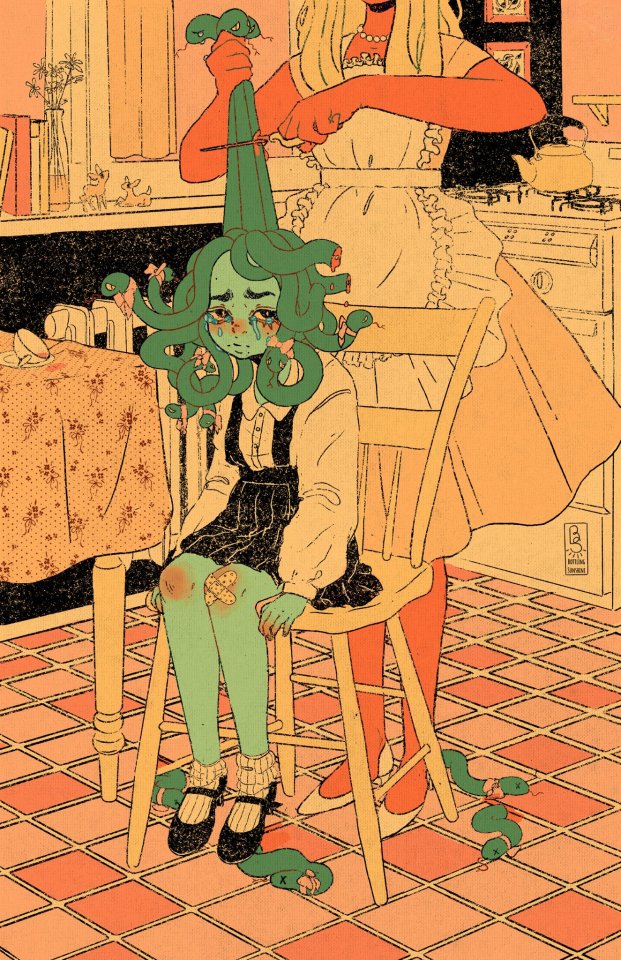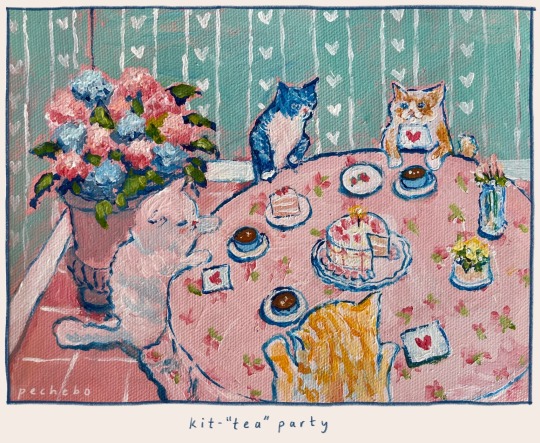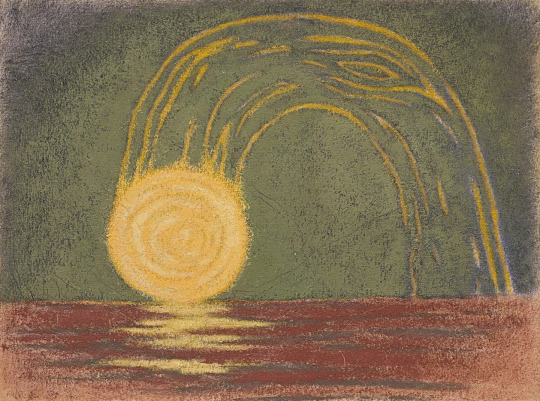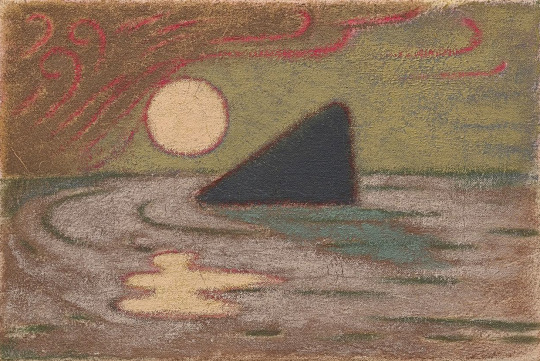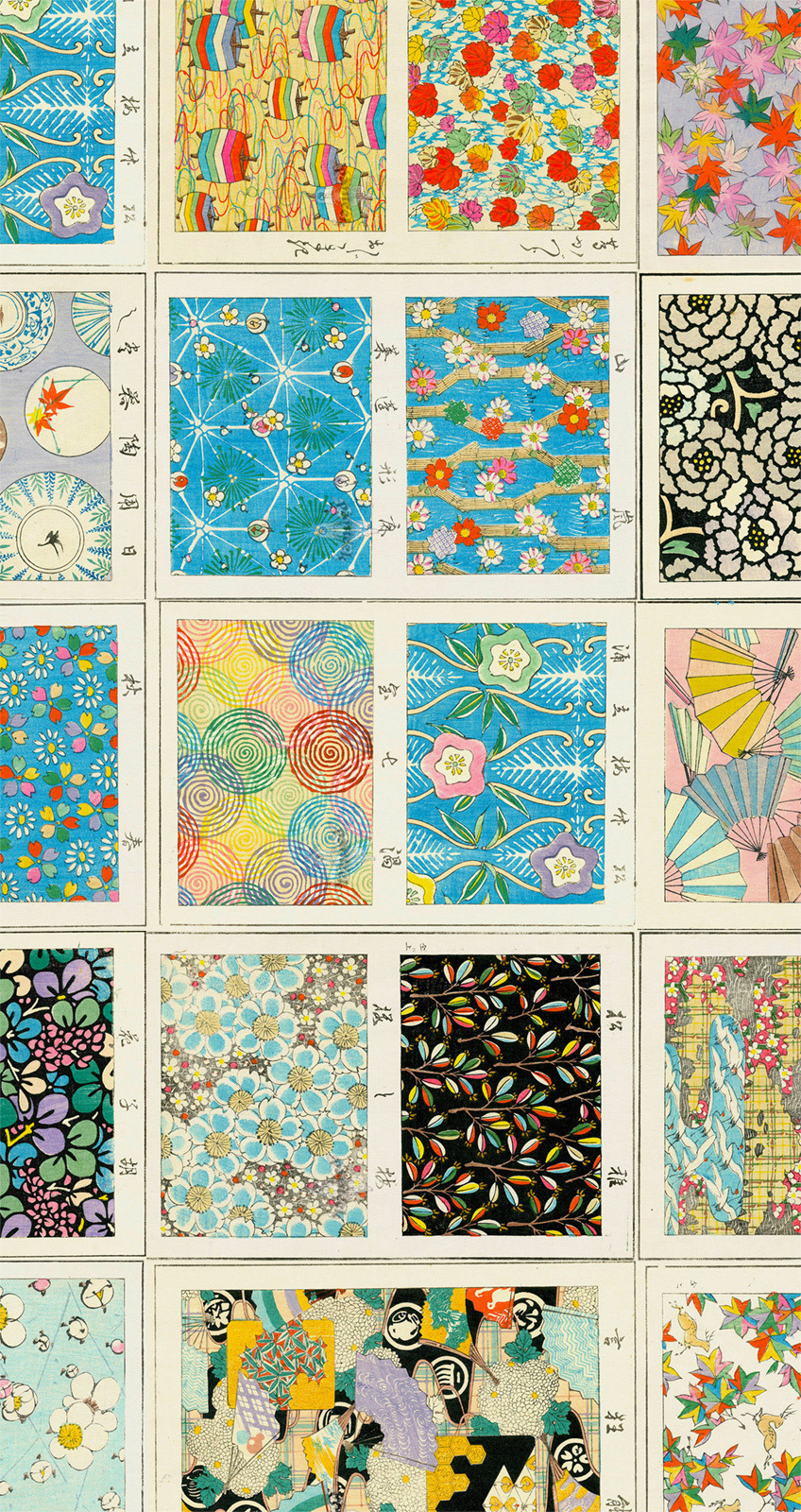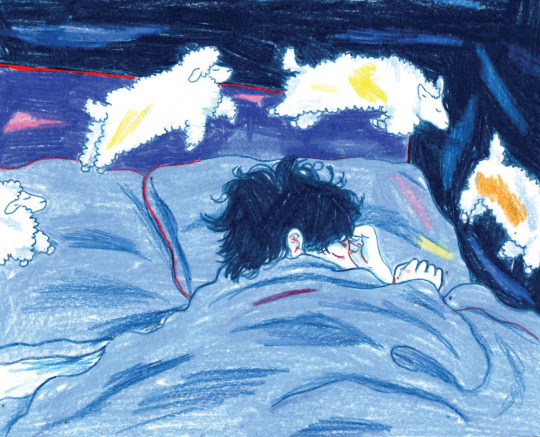Text
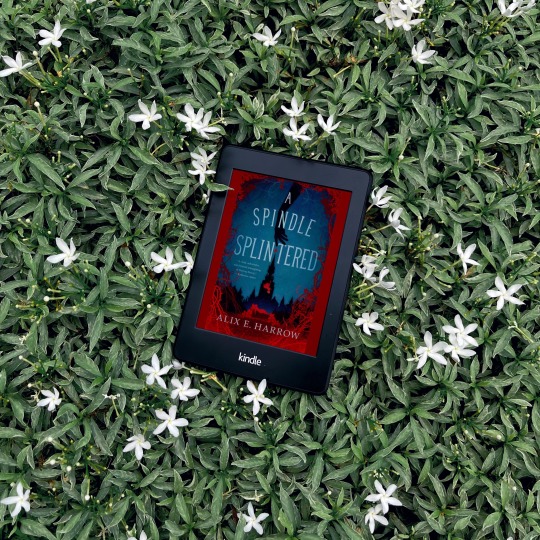
tinycl0ud ☆。・゚゚
#alix e harrow#bookstagram#kindle#dark fairytale#sleeping beauty#retelling#feminist literature#i just love love love love feminist fairytale retellings#it's giving angela carter's the bloody chamber#and everyone is so obviously gay for each other#the true messy sapphic representation
4 notes
·
View notes
Text


tinycl0ud ☆。・゚゚
This barbie wants to go home
3 notes
·
View notes
Text

cr: tinycl0ud ☆。・゚゚
Every story has four parts - the beginning, the middle, the almost ending, and the true ending.
3 notes
·
View notes
Text
Life, it never die
Women are my favorite guy
Sex, I'm wanting more
Tell the world, Stop the war

19K notes
·
View notes
Text


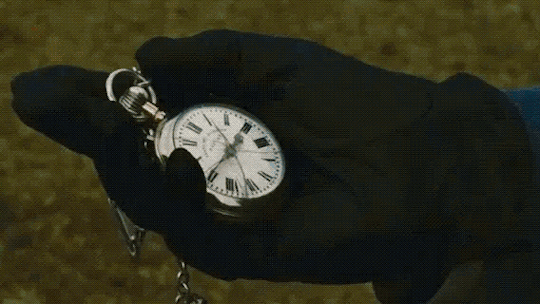
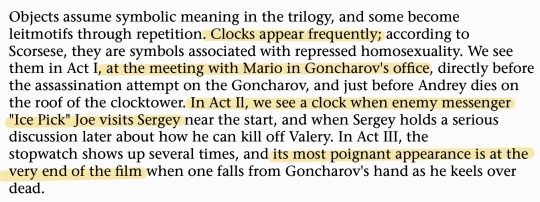


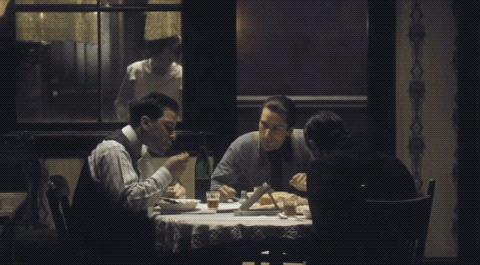

"Goncharov exudes the breadth and grandeur of an epic. It is long and spacious, and the breathing places are evident and welcome. It exudes a classic simplicity in which elevated themes are played out, slowly and deliberately. In structure, tone, and content it feels like grand opera...
Lofty themes fill the vast Goncharov canvas, and the films have invited diverse interpretations. For instance, some British and French critics see the film as a metaphor for America and a critique of American capitalism. For others it is mainly an immigrant saga about making it in the New World. It is also about power, and how power corrupts an individual and leads to his downfall."
"Time, Movement, and Sexuality: Clocks and Opera in Scorsese's Goncharov" by Lucy Mancini
The Musical Quarterly, Autumn, 1976, Vol. 87, No. 3 (Autumn, 1976), pp. 420-669
(Film Analysis Hours)
1K notes
·
View notes
Text
But being paid,—what will compare with it? The urbane activity with which a man receives money is really marvellous, considering that we so earnestly believe money to be the root of all earthly ills, and that on no account can a monied man enter heaven. Ah! how cheerfully we consign ourselves to perdition!
omfg this is me on the 11th every month (pay day)
5 notes
·
View notes
Text
Goncharov Lore (“Gonchlore” if you will) Masterpost
Note: this is regarding the lore made up by tumblr collaboratively about a fake Martin Scorsese film. See the post that started it all and fake poster.
Goncharov was released in 1973. It was written by Matteo JWHJ 0715 and directed (?) and/or possibly co-written by Martin Scorsese. Scorsese’s big name helped popularize the film, but as a result JWHJ 0715’s significant contribution is often overlooked
Goncharov was forgotten and was actually difficult to acquire for many years. This may have been due to corporations hoarding rights and access, the actually mafia targeting distribution of the film, other factors, or a combination of these. This led to pirating of the film, which allegedly led to pirating discourse surrounding the film
There are talks of a Goncharov II or remake
Goncharov is a mafia boss in Naples of Russian origin. His wife/fiancée is named Katya, also of Russian origin. Goncharov may or may not have fled Russia, and may or may not have been pursued by someone trying to get him back to Russia, possibly to face legal justice. One such person trying to do this could be Valery Michailov
Valery Michailov is Katya’s sister. He may resent Goncharov due to his relationship with his sister and due to Goncharov being wanted by the Russian government. He is somewhat patriotic, possibly a former government worker or soldier.
Katya’s last name is either Michailova or Goncharova (although possibly with the wrong suffix). Her relationship with Goncharov is strained, tense, and possibly loveless. She ends up betraying him in the end. This is often seen as a subversion on the typical tropes for women in mafia movies.
At some point, Katya is on a bridge with Goncharov. At some point, Katya points a gun at Goncharov. At some point, Katya is injured on a boat/in a boathouse.
Katya is amicable with someone named Sofia, who has brown hair. She also has subtextual homoerotic tension with her
Sofia may be working class/poorer than many of the other characters are.
Goncharov has subtextual homoerotic tension with someone named Andrey. Andrey is Goncharov’s old friend/best friend/nemesis/enemy/competitor. There is at least one instance of one of them trying to kill the other.
Ice pick Joe is played by John Cazale, making this his 6th movie. He has a famous 10 minute scene with Katya, and at some point dies, also possibly at the hands of Katya.
Mario Ambrosini works with Goncharov, possibly as a lackey or number two. At some point in the middle of the story, he betrays Goncharov and Goncharov tells him that he “never wants to see [Mario] again”. It is unclear what happens to him after that. Mario also has a relationship with Andrey that some have described as “fascinating”. It is unclear how.
There is a clock motif in Goncharov, and a general theme regarding “running out of time” before death. There are a few characters who seem at the very least subconsciously aware of the fact that they have little time until their death. The film also deals with the theme of fate, of death and tragedy being and inevitable thing for these characters.
Goncharov dies at the end of the movie, due to someone’s betrayal.
Goncharov (1973) was heavily influenced by the American Cold War propaganda of the time. Some argue that it plays right into the stereotypes of Russians, others say it is a clever subversion of the propaganda and stereotypes of the time.
Feel free to add more/expand/add alternative information!
28K notes
·
View notes
Text
ishmael is such a mood, i too want to step into the streets and methodically knock people’s hats off
8 notes
·
View notes
Photo

dandelions, for peachtober! Image description beyond the readmore.
Keep reading
31K notes
·
View notes
Photo

The nights are getting longer…which means more time for mischief! ✨
3K notes
·
View notes
